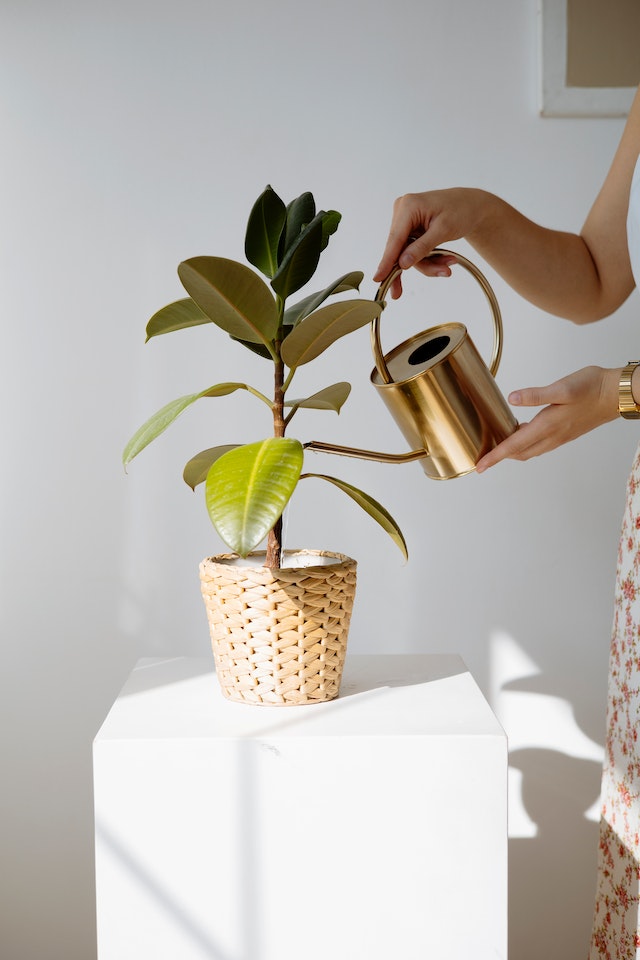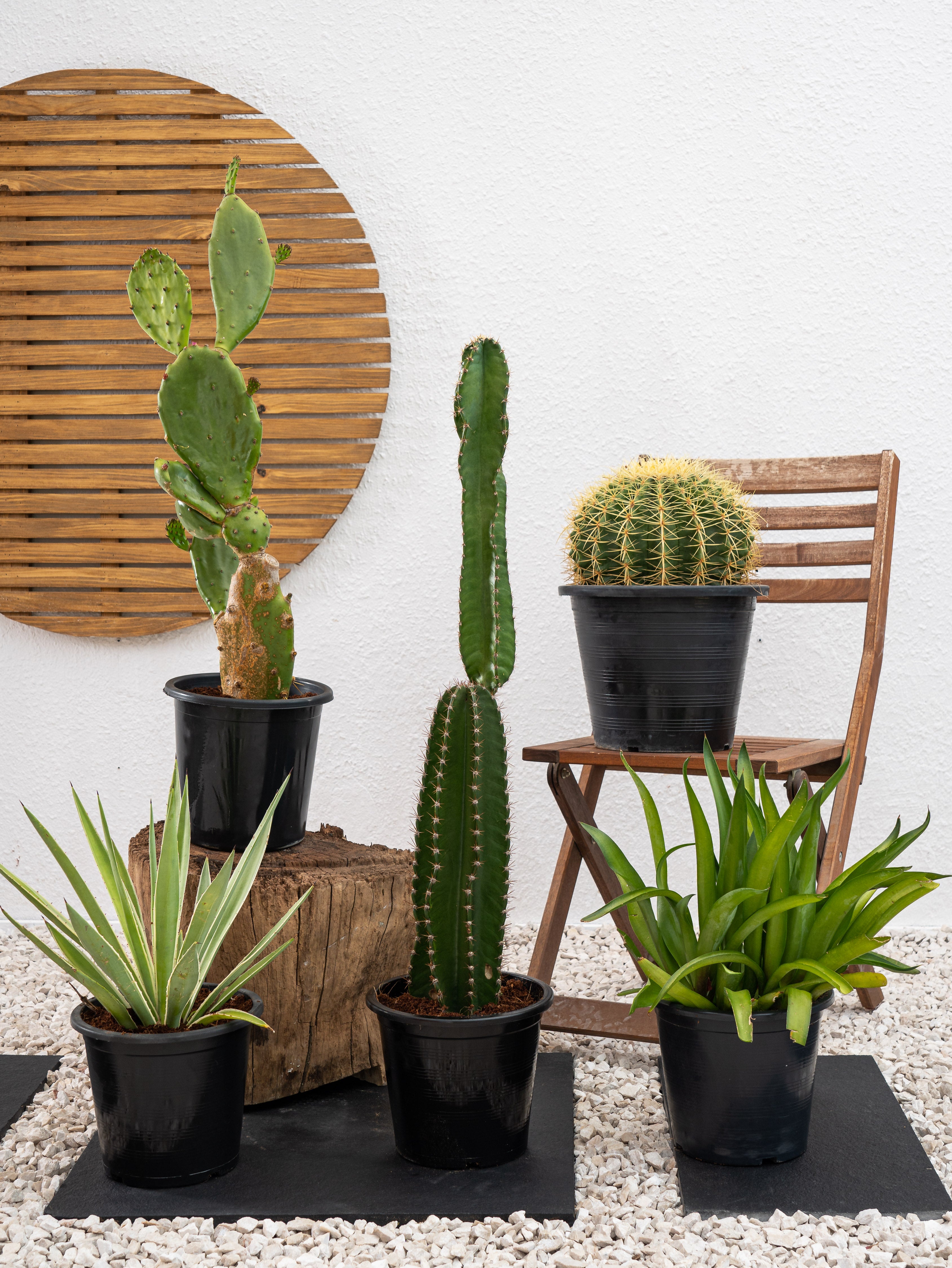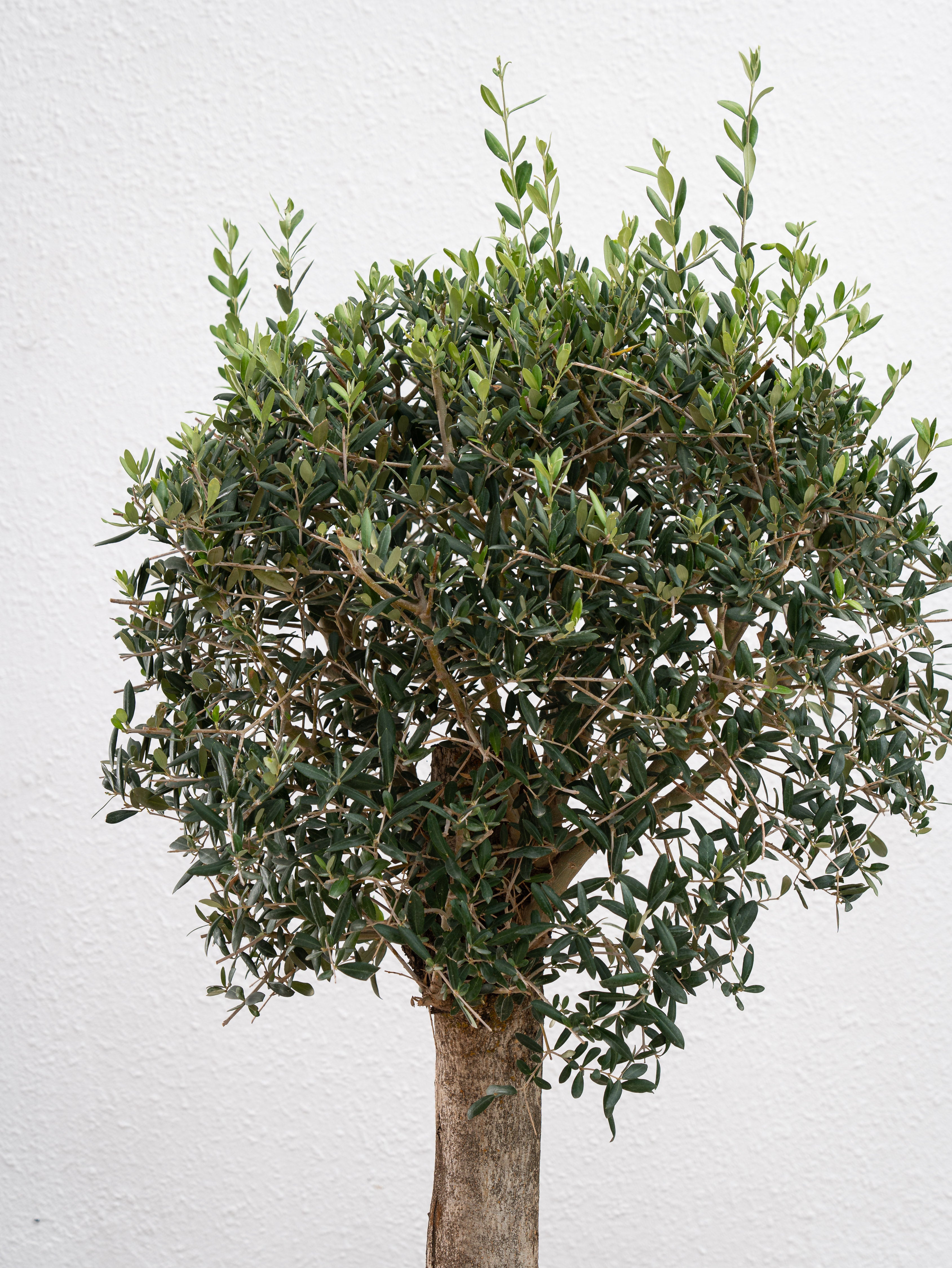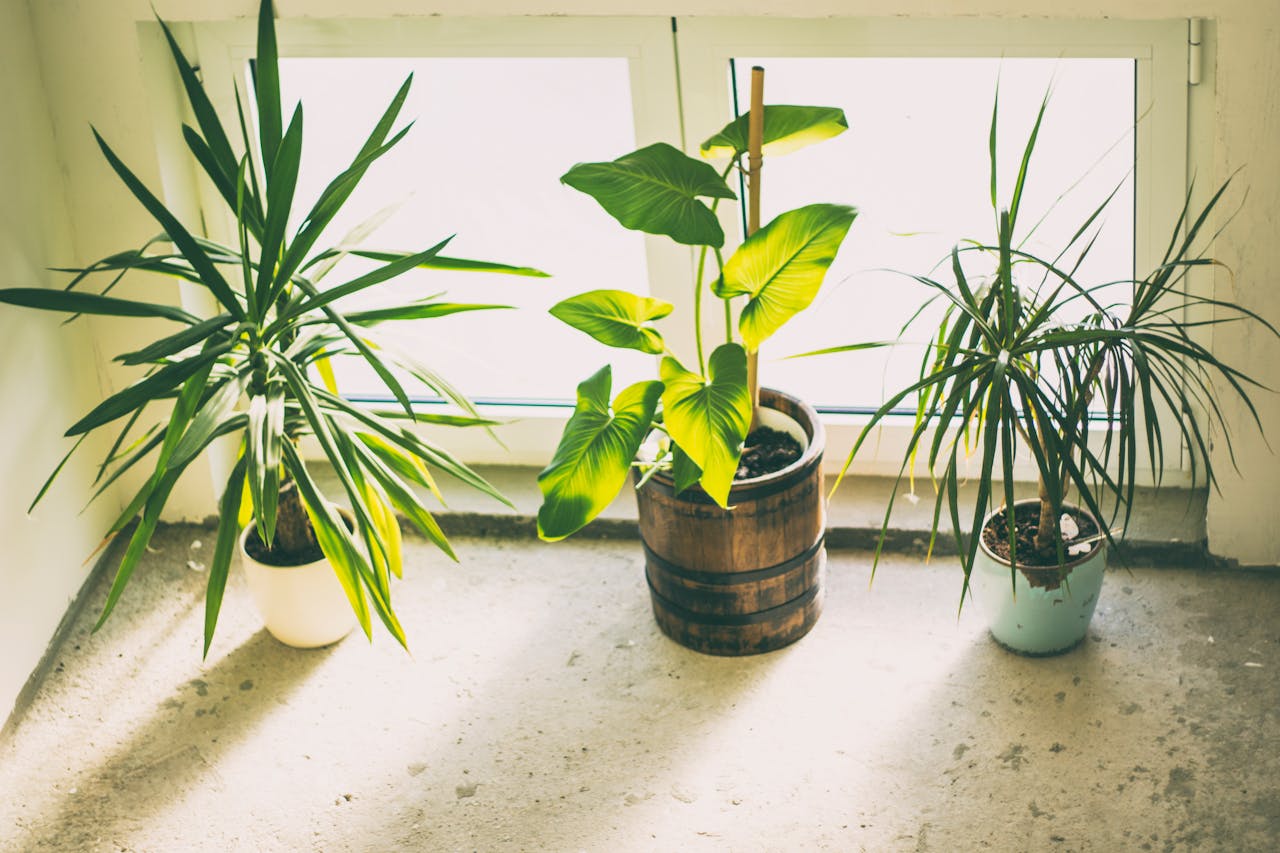Indoor plants are more than just decorative items for your living space; they are a powerhouse of health benefits. From purifying the air to reducing stress, the advantages of having houseplants are supported by numerous studies. This article delves into six proven health benefits of indoor plants that everyone should know about. Embracing these natural helpers can significantly improve your indoor environment and well-being.
1. Air Purification

One of the most celebrated benefits of indoor plants is their ability to purify the air. Plants like the spider plant, peace lily, and Boston fern are known for removing toxins such as benzene, formaldehyde, and trichloroethylene from the air. According to research by NASA, having these plants in your home can improve air quality, which is crucial since many of us spend a significant amount of time indoors.
2. Enhancing Mental Health

Indoor plants can have a remarkable effect on mental health. Studies have shown that being around plants can reduce stress and anxiety levels. For example, a study found that people who spent time around plants felt more relaxed and less stressed compared to those who didn’t. Plants can also boost mood and increase feelings of well-being, making them a great addition to any home or office.
3. Improving Concentration and Productivity

Adding plants to your workspace can boost productivity and concentration. The calming influence of natural elements allows for greater focus and efficiency. A study from the University of Exeter found that employees were 15% more productive when their sparse offices were filled with houseplants. As plants can help to maintain humidity levels and stabilize conditions indoors, they create a more comfortable environment for work.
4. Humidity Regulation

Plants naturally release water vapor during photosynthesis and respiration, which increases humidity in the air around them. This can be particularly beneficial in dry climates or when indoor air tends to become dry due to heating systems during the winter. Higher humidity levels can help prevent respiratory distress, dry skin, and colds. Ferns, palms, and peace lilies are excellent for adding moisture to the air.
Also Read- Should You Water Plants Every Day in Hot Weather?
5. Reducing Background Noise

Indoor Plants can also help reduce background noise levels inside buildings. The leaves and stems of plants can absorb, deflect, or refract background noises, making them beneficial in loud city environments or bustling offices. Placing larger plant pots, in multiple locations or along the edges and walls of a room, can enhance their sound-reducing effect.
6. Therapeutic Effects

Caring for plants can be therapeutic and can contribute to a sense of accomplishment and tranquility. The act of watering, pruning, and tending to plants can be a relaxing and meditative task that adds to your daily routine. Many people find that this interaction with nature helps to alleviate feelings of loneliness or depression by keeping them connected to another living entity.
Also Read- Guide To Pet-Friendly Houseplants: Safe Greenery For Your Home
Conclusion:
The presence of indoor plants in your home or office doesn’t just enhance the aesthetic value; it also plays a significant role in health improvement. These natural companions contribute to a healthier, more vibrant indoor environment. By integrating plants into your daily life, you can enjoy the lush splendor they bring along with the multitude of health benefits.













Leave a comment
This site is protected by hCaptcha and the hCaptcha Privacy Policy and Terms of Service apply.